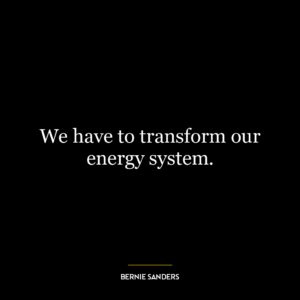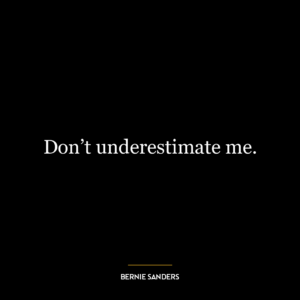We don`t need to drive up the national debt by giving tax breaks to millionaires and billionaires.
This quote is expressing the idea that tax breaks, or reductions in the amount of taxes that one has to pay, should not be given to the wealthiest individuals (millionaires and billionaires) as it can lead to an increase in the national debt. The national debt is the total amount of money that a country’s government has borrowed and still owes.
The underlying premise here is that tax breaks for the wealthy can lead to less revenue for the government, which in turn can cause an increase in the national debt if the government continues to spend at the same or higher levels. This quote is suggesting that instead of giving tax breaks to the wealthy, the government should focus on maintaining or increasing its revenue to manage and reduce the national debt.
In today’s world, this idea could be applied in discussions about income inequality and tax policy. For example, some argue that tax breaks for the wealthy exacerbate income inequality by allowing the rich to keep a larger proportion of their income, which can result in a wider gap between the rich and the poor. On the other hand, proponents of tax breaks for the wealthy often argue that these breaks stimulate economic growth by encouraging investment and spending.
In terms of personal development, this quote could inspire reflection on the concept of fairness and how one’s actions can contribute to larger societal issues. For instance, if one were in a position to influence tax policy, they might consider the implications of tax breaks on different income groups and the national debt. Additionally, on a more personal level, it could inspire individuals to think about their own financial choices and how they align with their values regarding wealth and inequality.











